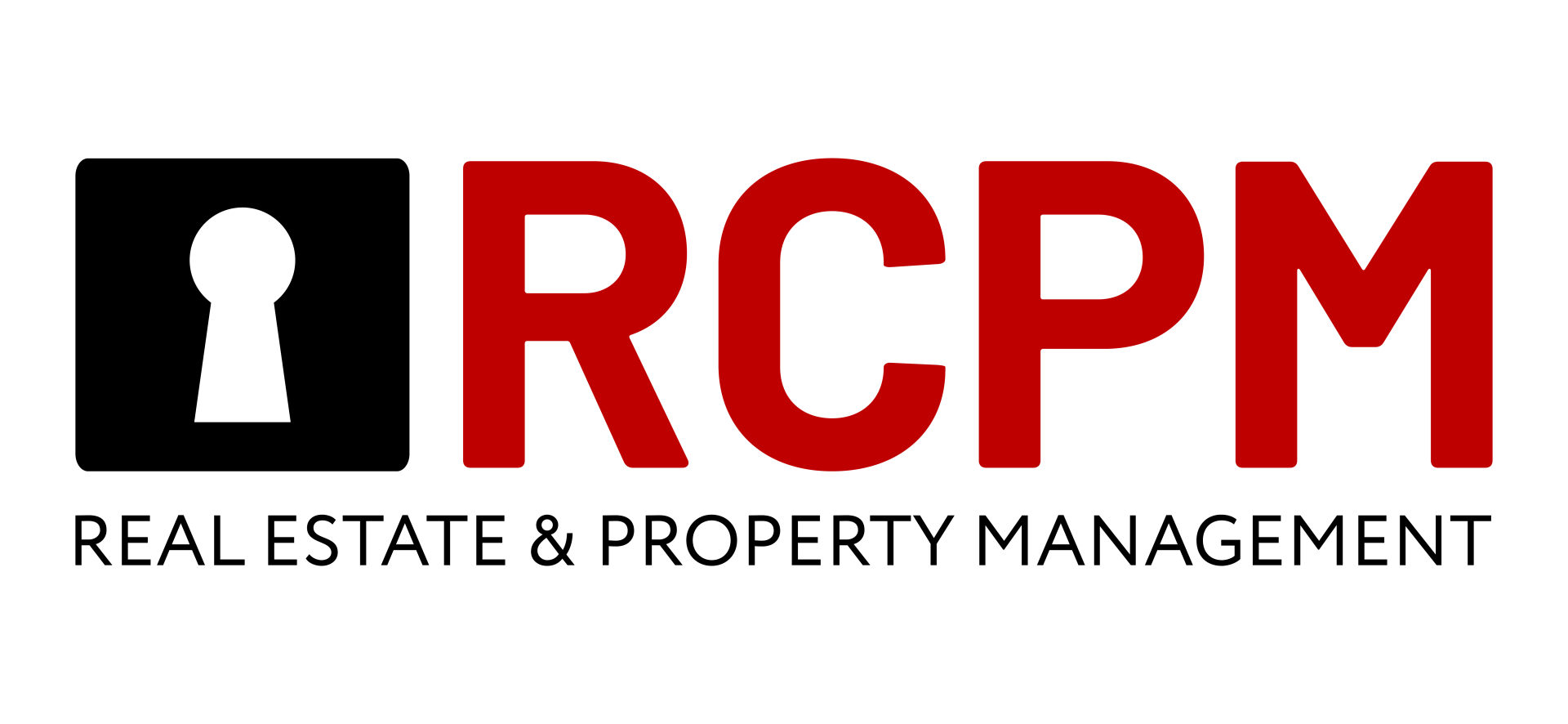Cosmetic repair or structural damage?
Whether you are purchasing an investment property or a primary residence, the biggest mistake a home buyer can make is to fail to identify structural and costly issues in the property.
Fixer-uppers and distressed houses are some of real estate investors’ favorite targets since they are often more affordable and might be priced below market value. However, properties in rough condition are notoriously challenging to finance and can hide issues an investor is not prepared for. Bank-owned and REO properties are often sold as-is and may suffer from differed maintenance. As an investor, you should do your due diligence to make sure that you are not taking on more than you can handle and be ready to walk away from the deal if necessary.
Hiring a good home inspector is a necessary step to avoid some bad surprises down the road. If some cosmetic issues, like an outdated kitchen or old-fashioned wallpaper, are an easy fix, some element should raise red flags.
Cracks in the basement, a roof at the end of its lifespan, or potentially costly repairs like plumbing issues, should be carefully considered. Do not hesitate to get quotes from several contractors to have a clear idea of what to expect to bring the building back to livable condition. Besides, some issues might not be visible during the inspection. A cautious investor should be prepared for the unexpected.
Many “flippers” make cosmetic repairs on buildings before putting them back on the market while ignoring costly, structural issues. Do not be fooled by a fresh paint of coat!







